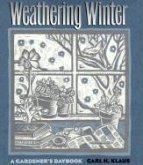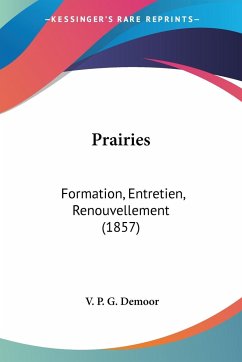There is a general consensus among the North American archaeologists specializing in the Middle Woodland period (ca 100B.C. to ca A.D. 400) that the Ohio Hopewell was a rather straight forward complex of small-scaled peer polity communities based on simple gardening and extensive foraging practices and occupying dispersed habitation locales loosely clustered around major earthworks. This book challenges this general consensus by presenting a radically alternative view. It argues that the Ohio Hopewell episode can be better and more coherently characterized by treating it as a complex social system based on dual and mutually autonomous social networks of clan alliances and world renewal cults, and that this dual clan-cult social system was, in fact, the culmination of such social systems that were widely dispersed across the Eastern Woodlands. The cults were devoted to treating their deceased members and/or dependants as sacrificial offerings to enhance the sacred powers of nature and the clans were devoted to transforming their deceased into ancestors and the stresses these opposing mortuary practices generated underwrote the dynamics of the Ohio Hopewell and brought about the monumental earthworks as sacred locales of world renewal cults.
Hinweis: Dieser Artikel kann nur an eine deutsche Lieferadresse ausgeliefert werden.
Hinweis: Dieser Artikel kann nur an eine deutsche Lieferadresse ausgeliefert werden.








